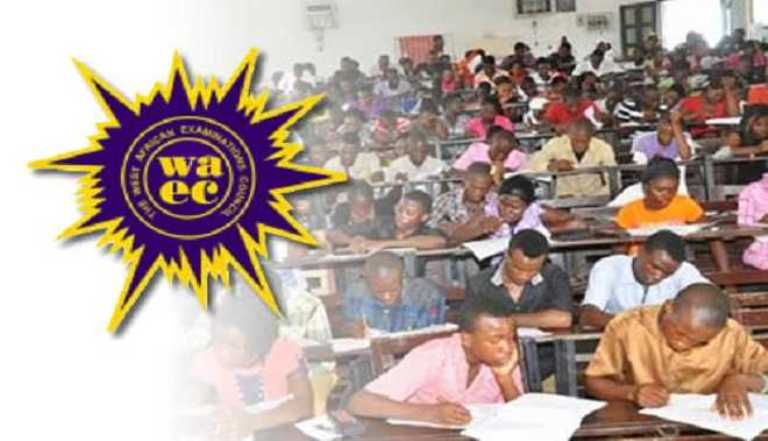The Federal Government has directed the West African Examinations Council (WAEC) and the National Examinations Council (NECO) to transition fully to Computer-Based Testing (CBT) for all examinations by 2026.
Minister of Education, Dr. Tunji Alausa, announced the directive on Monday during an inspection of the ongoing examinations alongside officials of the Joint Admissions and Matriculation Board (JAMB) in Bwari, Abuja.
According to the News Agency of Nigeria, over two million candidates are currently sitting for the exams across more than 800 centres nationwide.
Alausa disclosed that both WAEC and NECO would begin administering their objective papers via CBT starting November 2024, while full implementation, including both objective and essay sections, would take effect from the May/June 2026 examination cycle.
“If JAMB can successfully conduct CBT exams for over 2.2 million candidates, then WAEC and NECO can do the same,” the minister said. “By 2026, both the objective and essay components will be fully computer-based. This is key to eliminating exam malpractice.”
He also revealed that a committee is currently reviewing examination standards across the country, with its report expected next month.
Meanwhile, JAMB Registrar, Prof. Ishaq Oloyede, speaking on the early scheduling of UTME sessions, clarified that the board’s exams have always started at 8:00 a.m., with candidates expected to arrive by 6:30 a.m. for accreditation.
Oloyede dismissed complaints about early reporting times, stressing that early arrival is crucial for pre-exam screening. “The first session begins at 8 a.m., followed by sessions at 10:30 a.m., 1:00 p.m., and 3:30 p.m.,” he said.
He also refuted claims that candidates were posted to centres they did not choose, stating that investigations revealed no such occurrences.
The registrar confirmed that over 1.6 million out of 2.03 million registered candidates had completed their UTME, with about 50,000 still writing.
Oloyede added that over 40 candidates had been arrested for various forms of malpractice, including impersonation and attempts to smuggle out exam questions using hidden cameras. He further noted that more than 41,000 of the registered candidates were underage.





